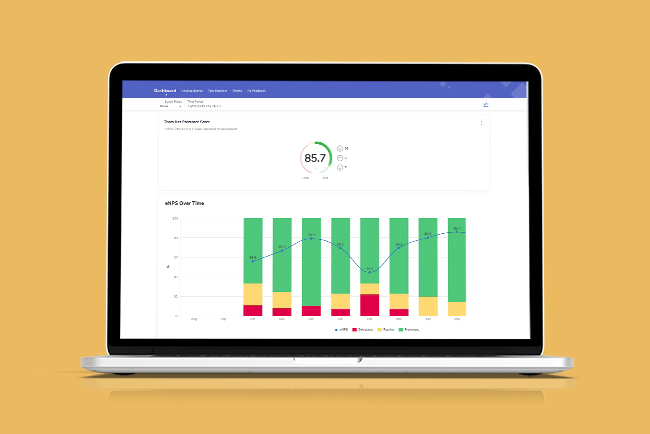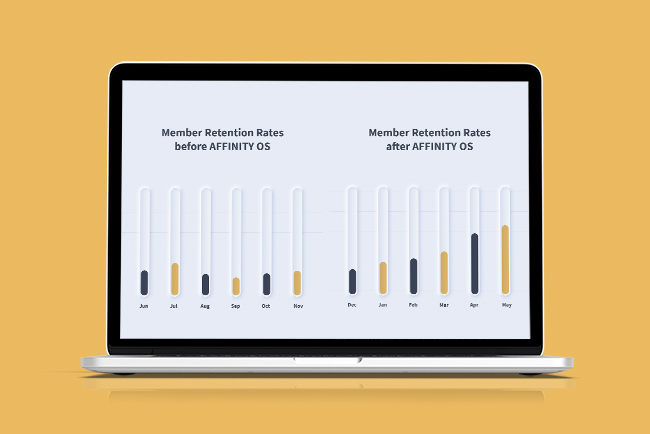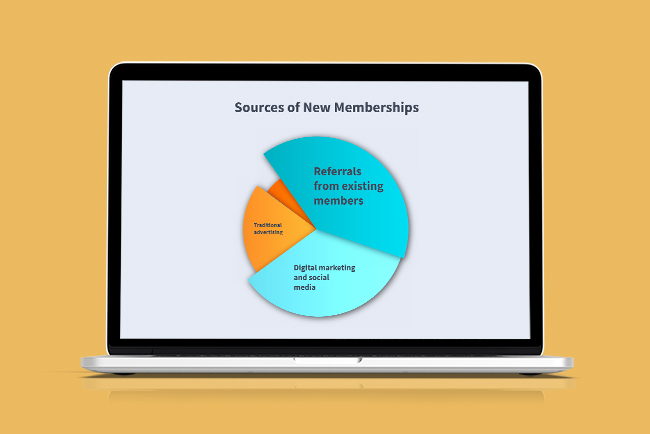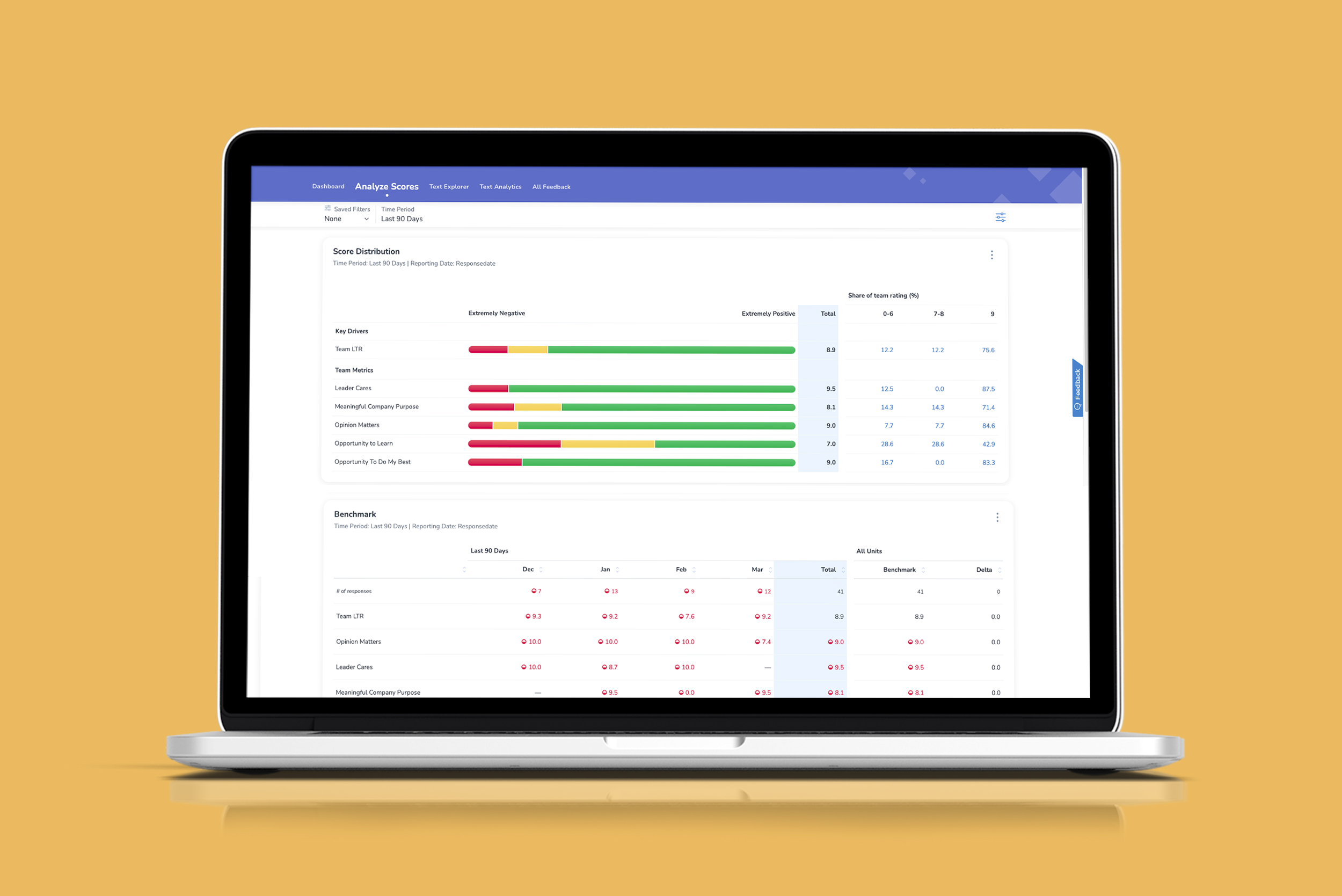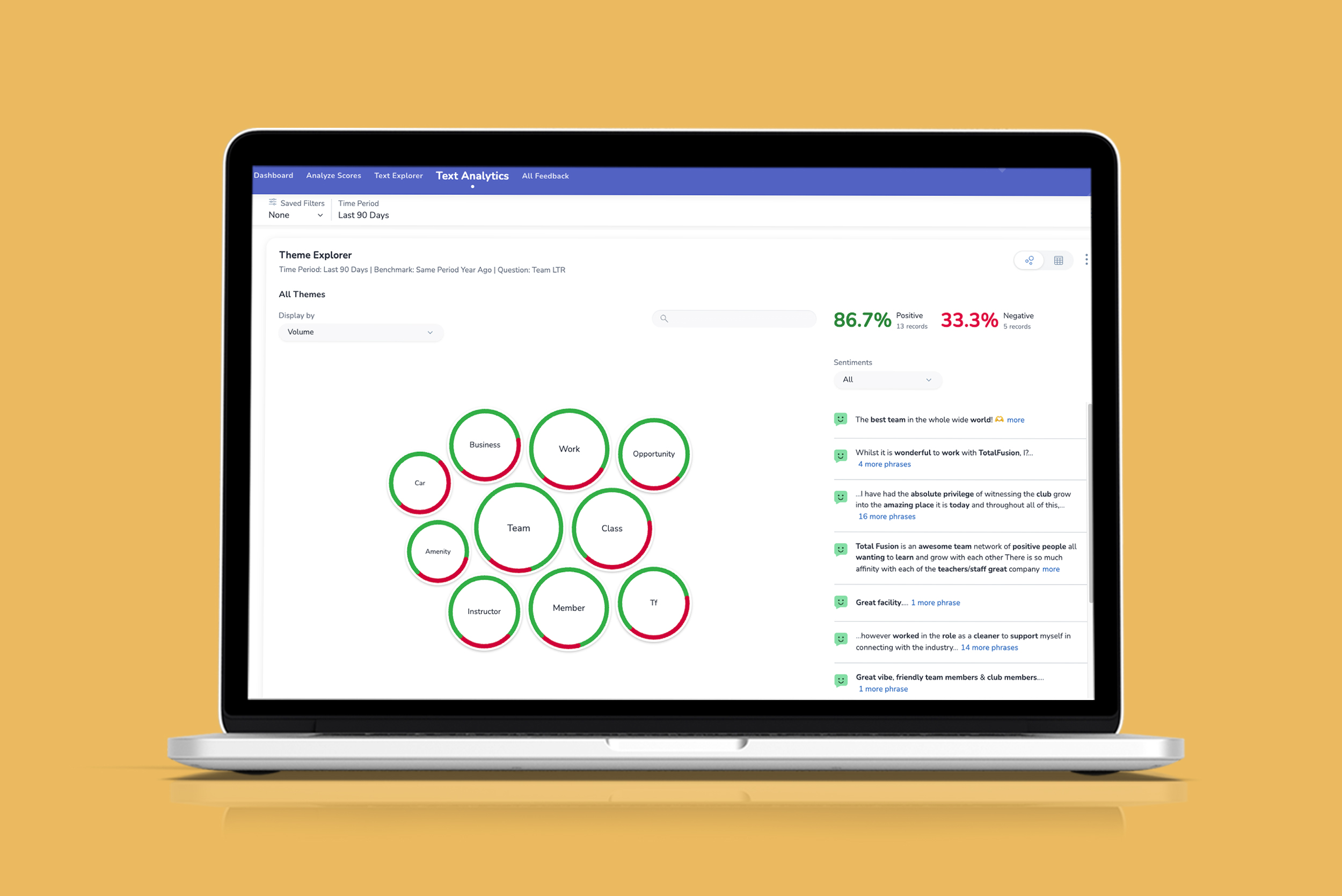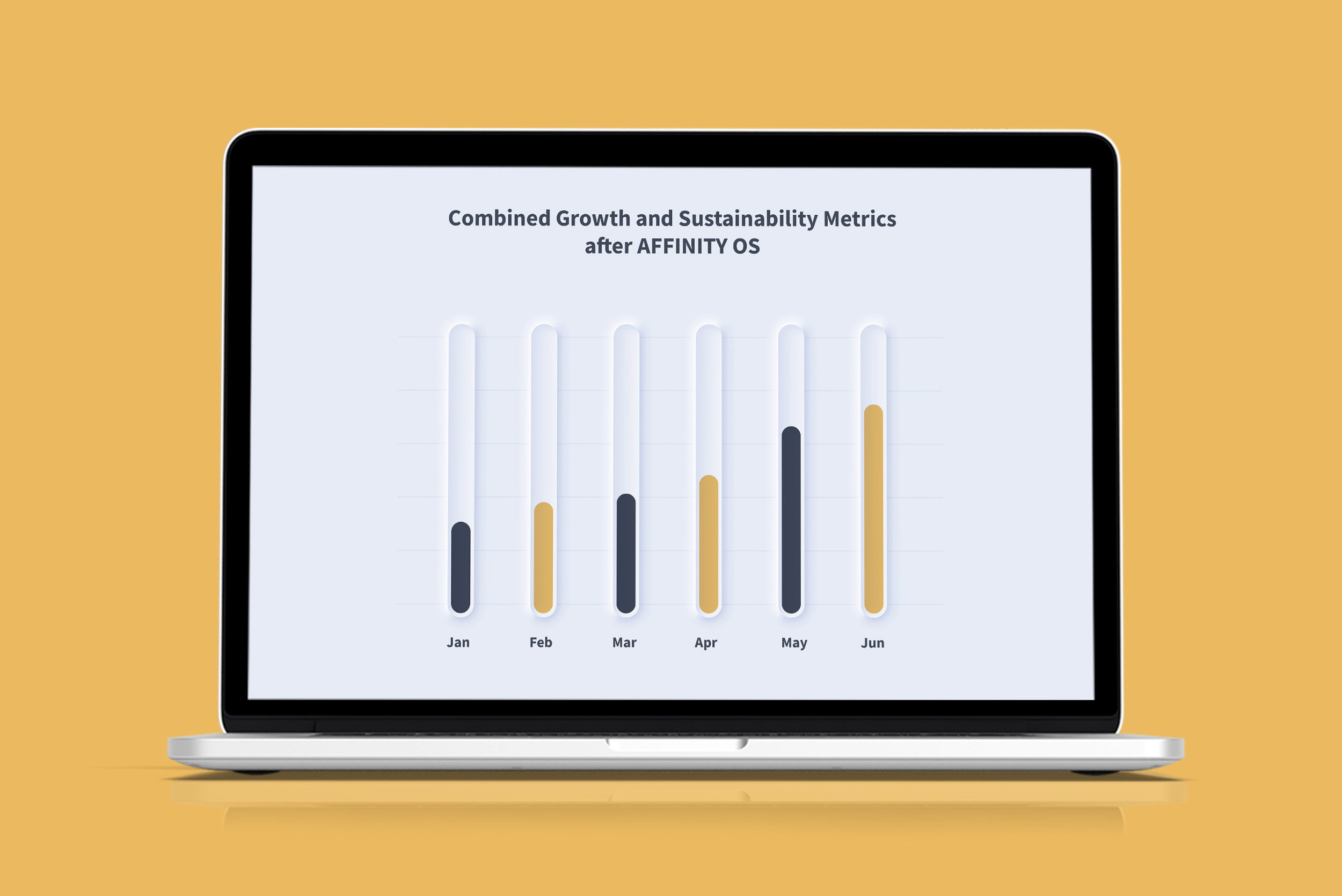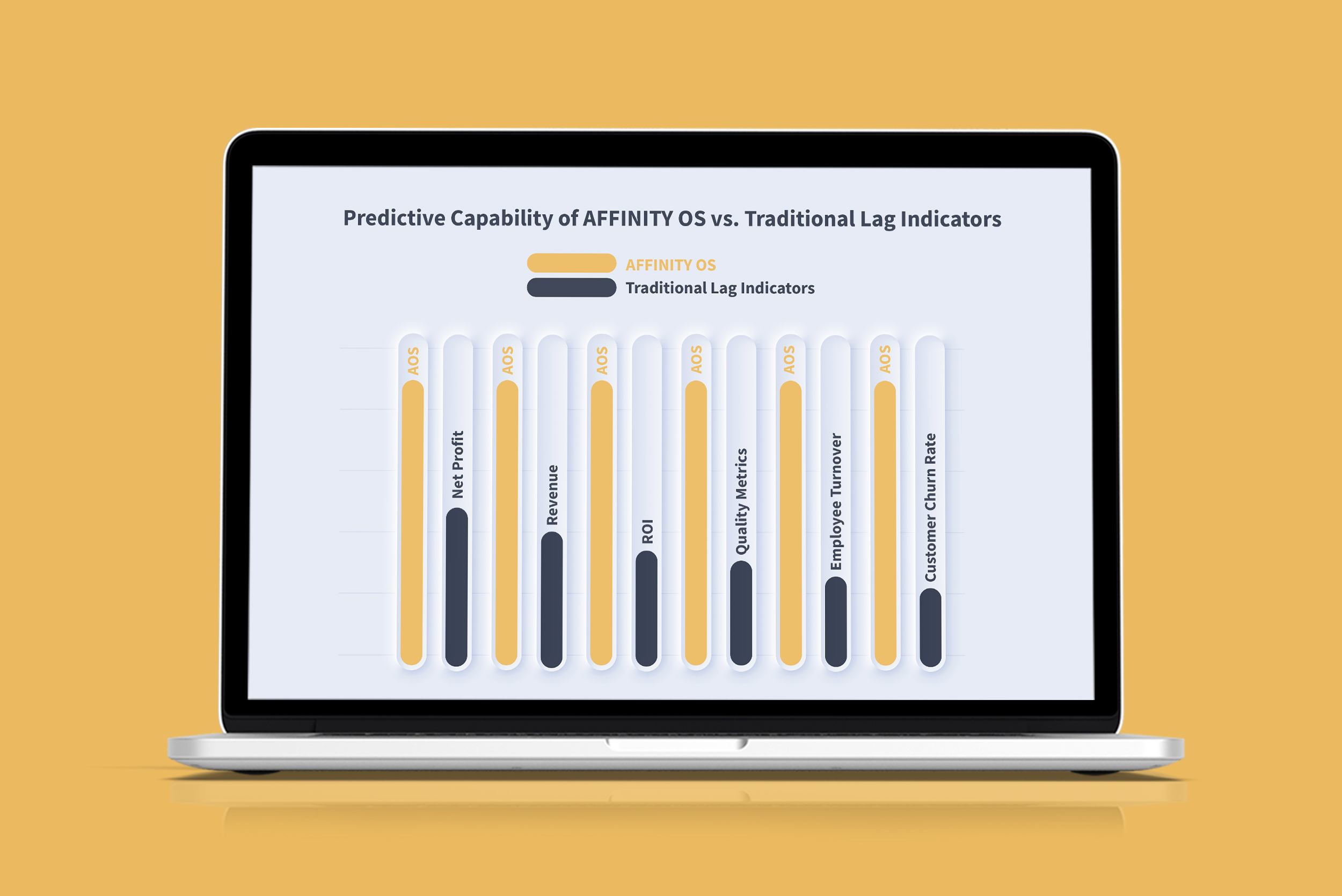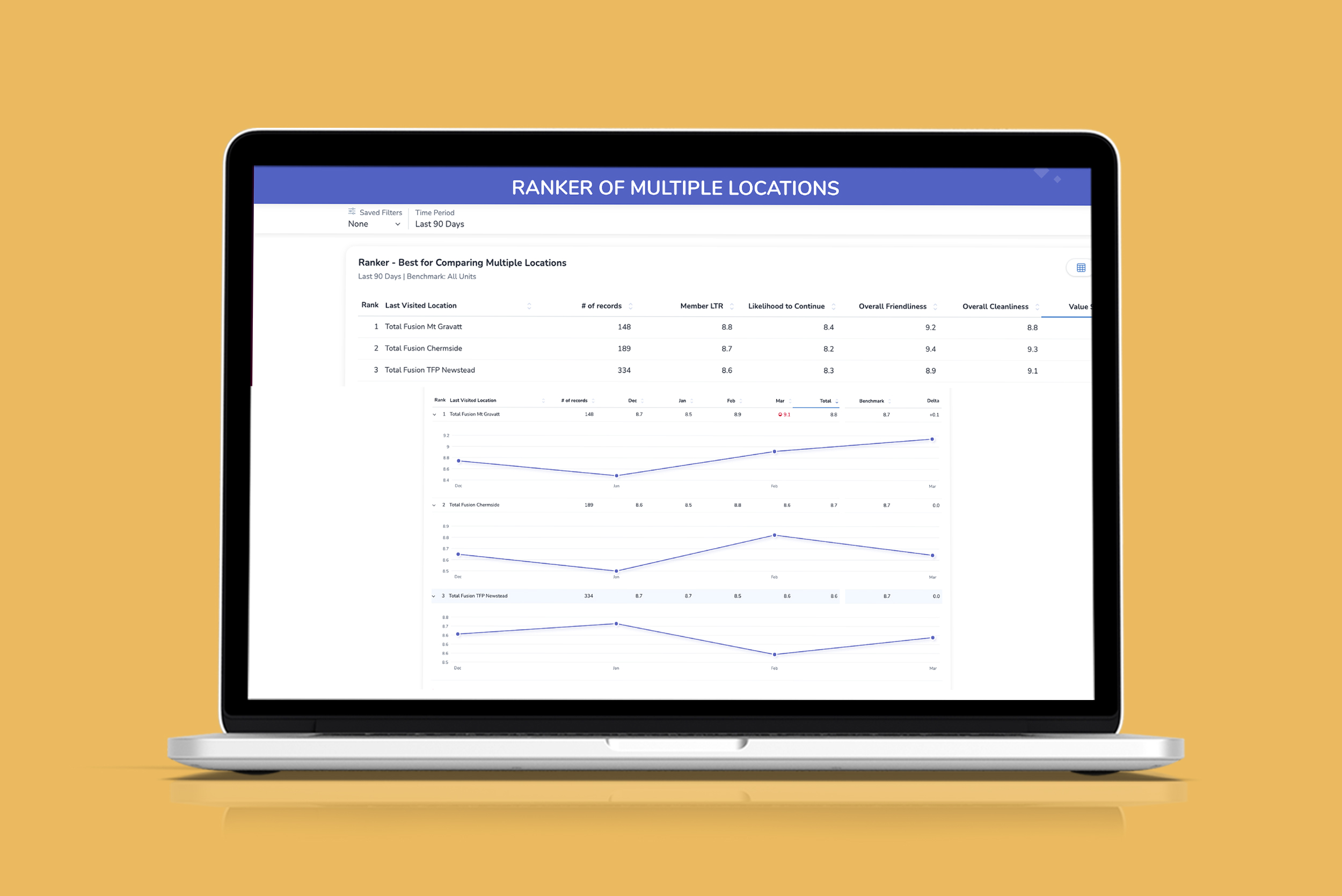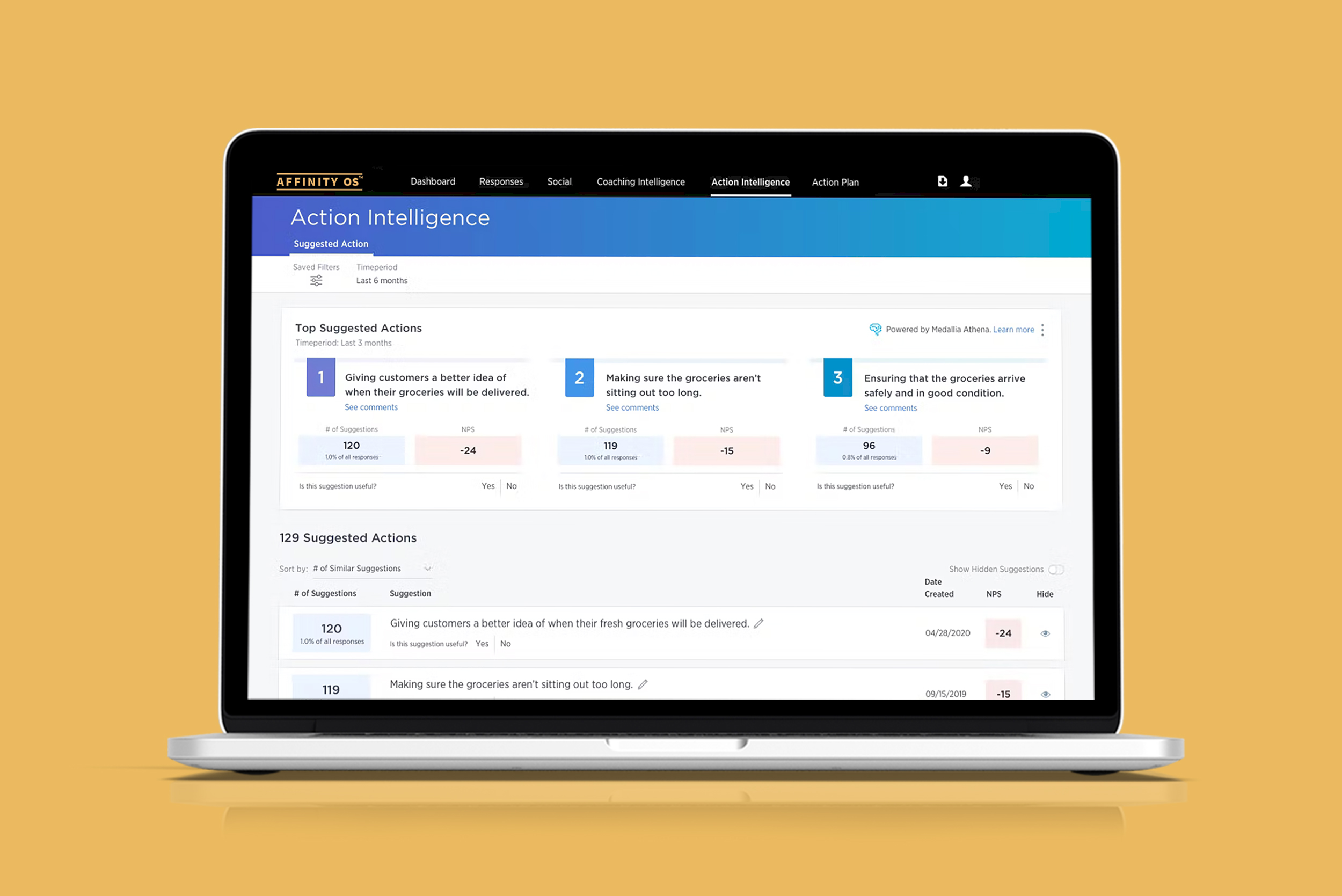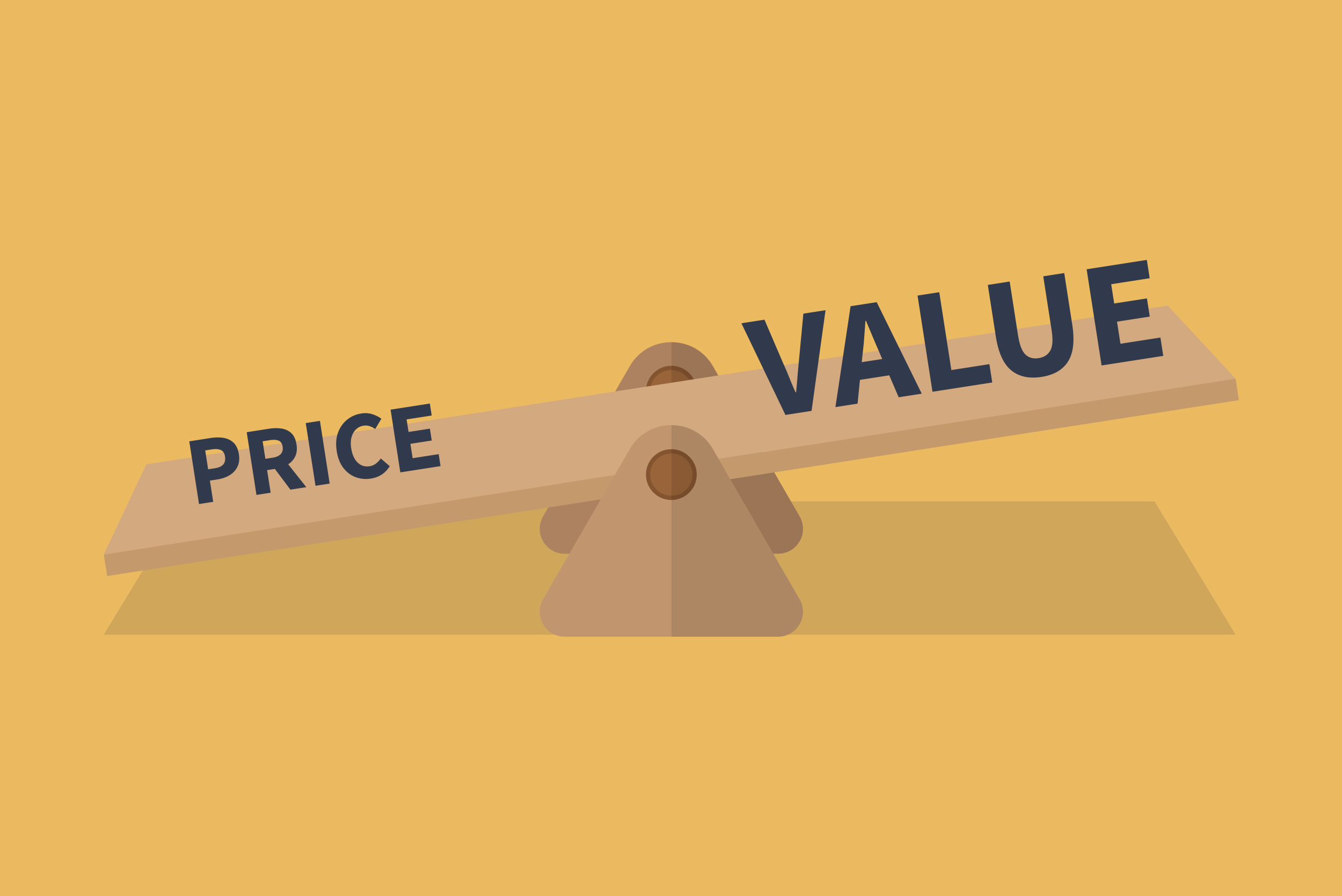Emotional Resilience Toolbox for Mindful Leaders
Introduction

Emotional Resilience Toolbox for Mindful Leaders is a transformative guide designed for leaders who aim to strengthen their emotional well-being amidst the challenges of their roles. This guide provides a structured approach to building a personalized toolkit, aiding in stress management, emotional balance, and burnout prevention. It includes self-reflection exercises, mindfulness and meditation practices, strategies for setting boundaries, seeking support, and maintaining work-life balance. By completing these steps, leaders create an accessible and tailored “Emotional Resilience Toolbox.” This toolbox is more than a set of techniques; it’s a commitment to regular self-care, ensuring leaders stay emotionally robust, setting a healthy example for their teams, and fostering a sustainable work culture.
Emotional Resilience Toolbox for Mindful Leaders
Objective:
Create a personalized “Emotional Resilience Toolbox” that you can use to manage stress, maintain emotional well-being, and prevent burnout in your role as a leader.
Materials Needed:
– Journal or digital document
– Access to mindfulness or meditation resources
– Calendar or planner
Exercise Steps:
- Self-Reflection:
– Spend 10-15 minutes reflecting on your current stress levels and emotional state. Write down any signs of stress or burnout you may be experiencing.
- Mindfulness and Meditation:
– Choose a mindfulness or meditation technique and practice it for 10 minutes. Record your experience and feelings before and after the practice.
- Developing Boundaries:
– Write down your current work boundaries. Reflect on areas where boundaries may be lacking and develop a plan to strengthen them.
- Seeking Support:
– Identify at least two sources of support (professional or personal) that you can reach out to when feeling overwhelmed.
- Work-Life Balance Strategy:
– Using your calendar, schedule regular times for breaks, personal activities, and relaxation. Make this schedule a non-negotiable part of your week.
- Burnout Prevention Plan:
– Read “Igniting Awareness: Recognizing and Combating the Signs of Burnout in Leadership.”
– Based on the signs of burnout you’ve identified, create a specific plan to address these issues. This might include regular check-ins with a mentor, scheduled downtime, or delegating specific tasks.
- Creating a Toolbox:
– Compile all the strategies, techniques, and plans you’ve developed into your “Emotional Resilience Toolbox.” Ensure it’s easily accessible and refer to it regularly.
- Commitment to Regular Use:
– Make a commitment to review and utilize your toolbox regularly. Set reminders to check in with yourself and adjust strategies as needed.
Conclusion:
By completing this exercise, you have created a powerful resource to help you manage your emotional well-being. Regular use of this toolbox will not only benefit you but also set a positive example for your team, promoting a healthy and sustainable work environment.
Igniting Awareness: Recognizing and Combating the Signs of Burnout in Leadership
Listen Now - 6 min. 12 sec.
As a mindful leader, you are on the front lines every day, deftly juggling diverse demands, navigating through challenging situations, and finding solutions to intricate problems. While you aim for the highest levels of team member and customer satisfaction, a relentless pursuit of professional excellence can sometimes lead to an unwelcome guest: burnout.
Understanding the signs of burnout and acknowledging its potential presence in your professional life is a pivotal first step towards self-care. This awareness enables us to create an environment where we can foster AFFINITY – connecting deeply and empathetically with our team members and customers while simultaneously nurturing our own well-being.
What is Burnout?
The World Health Organization classifies burnout as an “occupational phenomenon” characterized by feelings of energy depletion or exhaustion, increased mental distance from one’s job, or feelings of negativism or cynicism related to one’s job, and reduced professional efficacy.
Recognizing the Signs of Burnout
Burnout manifests in a variety of signs and symptoms, which can be physical, emotional, and behavioral. These signs may seem common and mundane, but a constellation of these symptoms can signal burnout:
- Exhaustion: Feeling tired all the time, even after resting, can be a major sign of burnout. This can be physical exhaustion, mental fatigue, or both.
- Decreased Engagement: A reduced interest in your work, where tasks seem more like a chore, can be indicative of burnout.
- Increased Irritability: If you find yourself frequently frustrated, impatient, or snappy, this could be a sign of burnout. Emotional volatility can be an outcome of stress and fatigue.
- Cognitive Problems: Trouble focusing, decreased creativity, and memory problems are common cognitive symptoms of burnout.
- Lowered Immunity: Chronic stress and fatigue can lower your immune system, making you more susceptible to illnesses.
- Lack of Satisfaction: If you constantly feel underappreciated or that your work isn’t making a difference, this could be a sign of burnout.
Understanding and recognizing these signs are essential to take preventative measures. If these symptoms seem familiar, it’s essential to address them head-on rather than dismissing them as merely “having a bad day”. Self-care is not an indulgence; it’s a necessity.
The AFFINITY Approach
At the core of AFFINITY is the belief that excellent leadership begins with self-care. Burnout directly impacts our ability to connect, empathize, and effectively serve our teams and customers. Recognizing burnout and taking active steps to prevent and manage it are fundamental to achieving AFFINITY.
Remember, it’s not just about serving others; it’s also about serving yourself. By recognizing the signs of burnout and prioritizing self-care, you’ll be well on your way to cultivating an environment that fosters exceptional leadership while also preserving your well-being. In the end, achieving AFFINITY means mastering the delicate dance between serving others and serving ourselves.
Remember, self-care is not a sign of weakness; it’s a testament to strength, resilience, and self-awareness.
Ten Practical Strategies to Combat Burnout and Reclaim Your Balance
- Prioritize Self-Care: Regular exercise, balanced nutrition, and quality sleep are fundamental to managing stress and preventing burnout. Allocate time each day to activities that rejuvenate you physically and emotionally.
- Practice Mindfulness: Mindfulness exercises like meditation, yoga, or even simple breathing techniques can help manage stress, enhance emotional resilience, and reduce feelings of burnout.
- Set Boundaries: Understand your limits and communicate them effectively. Setting realistic expectations for yourself and others can prevent overcommitment and reduce stress.
- Take Breaks: Regular breaks can reduce fatigue and boost productivity. Take short breaks during the day and make sure to use your vacation time.
- Seek Support: Talk to trusted colleagues, friends, or family about your feelings. Professional support from life coaches, counselors or therapists can also be beneficial. You don’t have to face burnout alone.
- Engage in Activities You Enjoy: Hobbies and interests outside of work can provide a necessary reprieve from work-related stress.
- Practice Gratitude: Gratitude can shift your mindset from focusing on negatives to appreciating what’s positive in your life.
- Learn to Say “No”: It’s okay to decline additional responsibilities if they’re leading to stress and burnout. Saying “no” is an essential skill in maintaining balance.
- Focus on Personal Development: Enhancing your skills and knowledge can increase your job satisfaction and reduce feelings of burnout.
- Consider Professional Changes: If burnout persists despite efforts to manage it, you may want to consider seeking a different role, negotiating a more manageable workload, or exploring other career opportunities.
Remember, combating burnout is a continuous process, not a one-time fix. The key is to be aware of your feelings, recognize the signs early, and take action before it significantly impacts your well-being and performance.
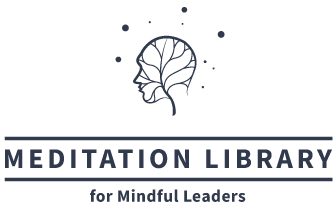
CONTACT US
+61 475 866 592

